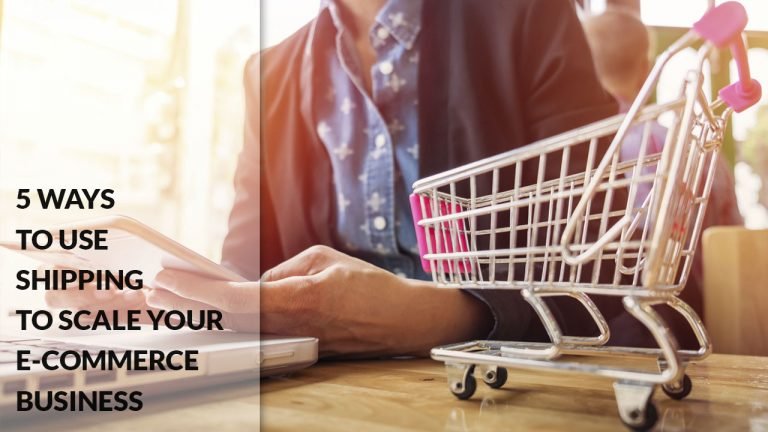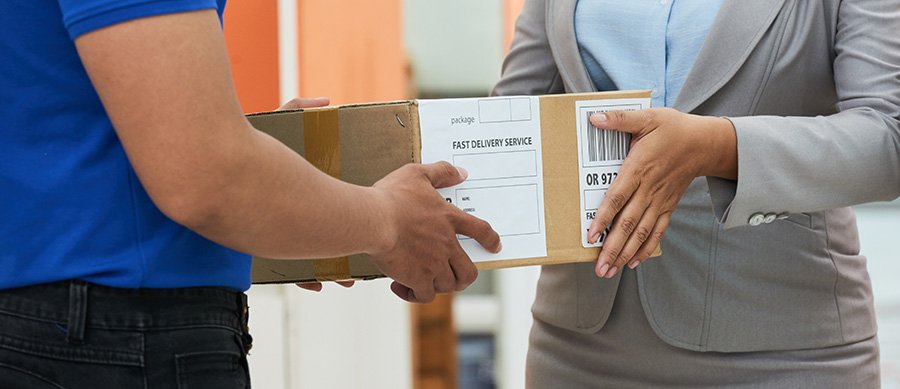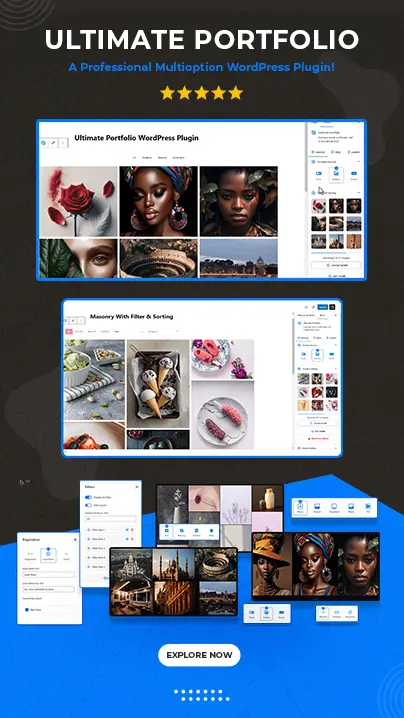
Nowadays, it is common knowledge that WordPress powers 35% of websites on the Internet. For one, starting a WordPress blog is as easy as breeze.
But you might not know that it is more than just a blogging platform.
With the WooCommerce plugin’s help, you can turn your content management system into an online store.
But just because you have an e-commerce website does not mean you can treat it as a money machine. There are various you need to consider to ensure your success.
One of which is your shipping process. That’s because no matter how affordable your prices are, it will not make sense to a customer unless they can have it at their doorstep.
E-commerce Shipping Options
Luckily, there are various shipping options available to online business owners. It is just a matter of knowing which option works best for you.
1. Self-fulfillment
This is ideal if you are new to e-commerce and do not have the fund to rent a warehouse.
Self-fulfillment will also work if you do not have plenty of inventory to manage. That’s because you are likely to store your products in your house.
What’s important is that you can handle inventory management.
2. Dropshipping
If you cannot be bothered with storing products in your home, you can opt to do dropshipping.
What happens is that you set up an online store where you can receive orders. And then, you will forward all order information to your supplier or manufacturer.
From there, your supplier will be the one to take care of shipping the products to your customers.
3. Third-party Logistics (3PL)
This kind of e-commerce fulfillment requires hiring a fulfillment partner. They will be the ones to store your products and handle inventory management.
Working with third-party logistics requires a hefty budget and integrating some tools like a WordPress plugin or a POS system. Doing so allows them to streamline your shipping process and update your online inventory automatically.
The advantage of working with a 3PL is that you can ship your products internationally without hassle.
Using Shipping to Scale Your E-commerce Business

As mentioned earlier, customers care about the shipping.
You can offer a great product at an affordable price, but it will not matter if you cannot deliver it to your customers. That said, here are x ways you can use shipping to scale your e-commerce business:
1. Reduce Cart Abandonment
According to the Baymard Institute, the common reasons people leave your e-commerce site is because of the following:
- Unexpected costs (i.e., shipping and taxes)
- Require an account
- Complicated checkout process
Luckily, there are various ways you can reduce cart abandonment. You can start by declaring the shipping fees and taxes upfront. It is also best to allow checkout as a guest and simplify your checkout process.
Lastly, consider running a cart abandonment email campaign. Doing so allows you to recover as much as 5% of transactions with an average order value of $100 to $500.
2. Offer Free Shipping
Free shipping is a great way to boost brand loyalty. That’s because the majority of your customers expect fast and affordable shipping.
And when you meet those demands, they will be compelled to patronize your business.
But how can you offer free shipping without hurting your bottom line? The secret is to increase the average order value.
There are a couple of ways to achieve it. But one of the most common tactics is to declare a certain amount. For instance, you are running a online business of dish washers and you are offering customers free shipping for all your products above $500.
Doing so can entice your customers to buy more. That’s because customers would rather spend their money on more products than on shipping.
3. Boost AOV
The Average Order Value (AOV) is the average amount spent each time a customer places an order. You can compute it using this formula:
Average Order Value = Revenue / Number of Orders
If you generated $31,000 worth of sales for the past month and you received 1,000 orders, that means your AOV for the previous months is $31.
You can increase your AOV through upselling and cross-selling.
Upselling is where you recommend an upgraded version of a product. If you sell digital cameras online and someone is looking at a basic point-and-shoot model. Consider suggesting a later model that has better specifications.
On the other hand, cross-selling is where you recommend a product that helps complete a set. If you sell apparel online and someone is eyeing to buy a pair of pants, you can up-sell a matching shirt.
Either way, the key is not to push your customers to buy more than they can afford. That’s because a budget can be a contributing factor.
What’s important is that you provide your customers with relevant options.
4. Offer Expedited Shipping
Expedited shipping is another way to boost customer loyalty. It is also a great way to make your e-commerce store more accessible.
Keep in mind that the reason people opt for online shopping is that they cannot be bothered. Hence, it would be best if they do not have to wait too long for their orders to arrive.
You should also think about people who are in a rush. Think, husbands who forgot their upcoming wedding anniversary and only have a few days to buy a gift for their spouse.
The key here is to work with the right e-commerce fulfillment partner. That’s because they can help you fulfill expedited shipping.
5. Use Professional Packaging
If you want to leave a mark on your customers, think of a unique way to package your products. Doing so gives your customers a positive unboxing experience.
Here are some quick tips on how you can create a positive unboxing experience:
- Use branded box
- Use unique packing materials (e.g., geami wrap instead of plastic bubble wrap)
- Think about the presentation
- Personalize it
Making Your E-commerce Shipping Work
Here’s the thing: Shipping is integral in e-commerce fulfillment. This means that your task is not yet over unless the customer has received his order.
That said, it is imperative to use the shipping that suits your business. It is also essential to work with a fulfillment company that can help you satisfy customer needs.
That way, you can scale and make your online business grow in no time.
About the Author

Jake Rheude is the Director of Business Development & Marketing for Red Stag Fulfillment, an ecommerce fulfillment company with fulfillment houses across the U.S. Red Stag was established when the owners of an ecommerce store couldn’t find a quality fulfillment partner and set out to establish a world-class fulfillment operation for ecommerce stores.
